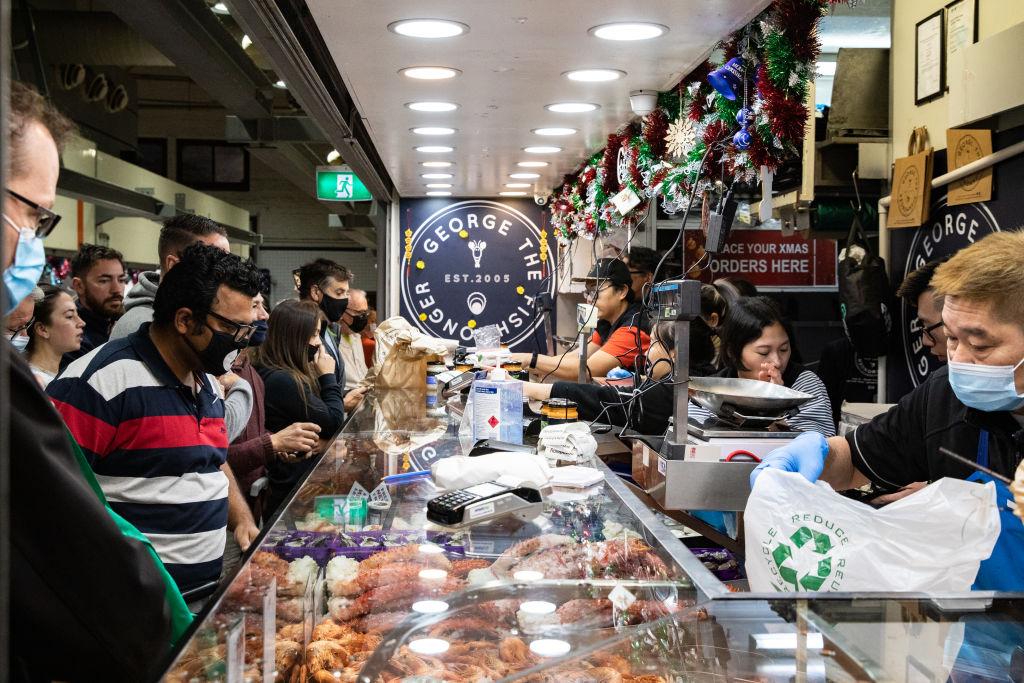Victoria’s industry groups have criticised the Andrews Government’s new Australian-first “sick pay guarantee” scheme for casual workers as not “necessary.”
“Now is not the time for another cost to taxpayers when casual workers already have additional loading catered for their hourly wage,” Paul Guerra, the Industry Chief Executive from the Victorian Chamber of Commerce and Industry said in a statement released on March 14.





